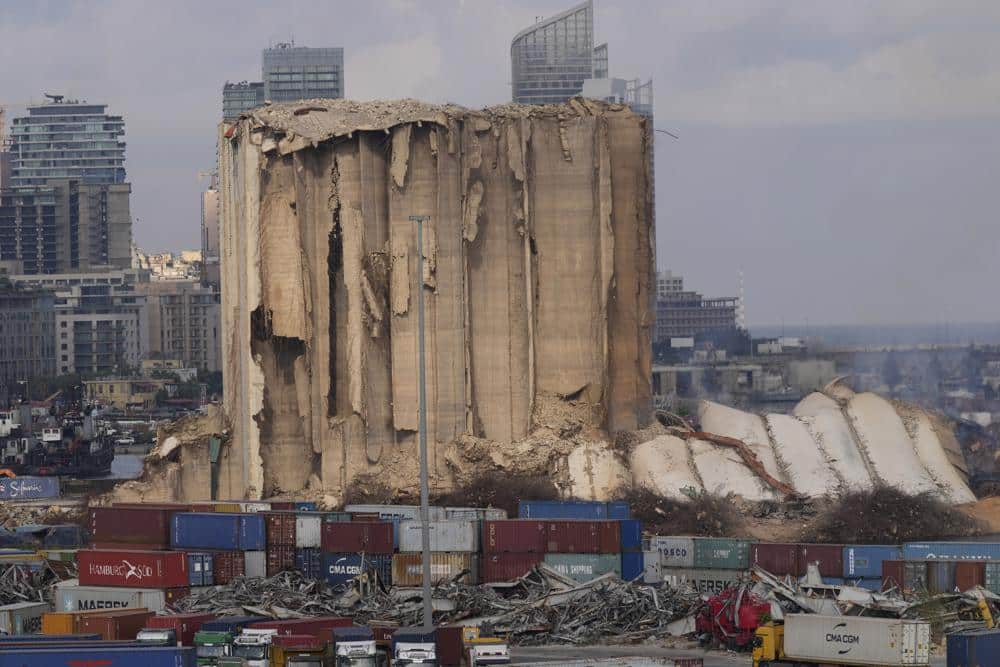Three years. That’s how long it has been since the earth shook and a pall of smoke overshadowed Beirut. On Aug. 4, 2020, an explosion of catastrophic proportions devastated the Lebanese capital, claiming over 200 lives, injuring thousands, and leaving billions of dollars in damage. But perhaps more chilling than the explosion itself is the unyielding stalemate in holding those responsible accountable.
The echoes of that horrific day resonate not just in the shattered lives of the Lebanese people but in a political system designed to shield the perpetrators from justice. A system in which “the powerful are never held to account and no justice is ever served.” A system emboldened and entrenched by Hezbollah, with the support of Lebanon’s political elite.
The domestic judicial process to investigate the blast and deliver justice to victims has been effectively quashed. Politicians and security officials summoned by the judge continue to carry out their public functions as if nothing happened. The local investigation led by Judge Tarek Bitar has been stifled, hindered, and abused. The perpetrators have “used both legal and illegal means to block any substantive investigation into the explosion.”
There’s something profoundly disheartening about a nation’s cry for justice being stifled by the very powers meant to uphold it. The explosion wasn’t merely a domestic tragedy; it was a global one. The Port of Beirut, as the epicenter of this tragedy, became an unregulated arena for international arms smuggling, hinting at a broader nexus that threatens international peace and security.
Families of victims and human rights organizations have tirelessly pressed for an independent international investigation. A U.N. fact-finding mission could be a pathway to determining the truth and delineating responsibility. As seen with the Special Tribunal for Lebanon (STL), international mechanisms have the potential to overcome local obstruction.
But why, despite the clear evidence and enormous human cost, does this cry for international intervention seem to fall on deaf ears? Is it mere indifference, or something more calculated?
In a political arena where alliances are as shadowy as they are complex, the issue of Hezbollah cannot be ignored. Some countries may be reluctant to dig deeper, fearing that exposing Hezbollah’s connections could be a Pandora’s box that could unravel sensitive political dynamics. The silence may be strategic, but it’s a strategy that continues to wound the very soul of Lebanon.
Three years have come and gone, and the wounds of that tragic day continue to fester. There’s a painful truth that must be acknowledged: “neglect is a deliberate act” and the failure to hold anyone accountable is a choice—a choice that is devastating a nation and denying its people the justice they so desperately need and deserve.
The international community, and indeed, the conscience of the world, must act now. It is time to escalate the issue and enable a U.N. investigation. It is time to sanction those responsible for obstructing justice and make ending impunity the centerpiece of international mediation on the Lebanese crisis.
The story of Lebanon, its cries for justice, and its struggles for accountability, should be a rallying cry for the world. For in Lebanon’s fight for justice, we see our collective moral responsibility reflected. We must not, we cannot, allow the third anniversary to mark “the beginning of the long forgetting.”
Justice delayed is justice denied. The time to act is now. Lebanon’s shattered heart demands it, and history will remember how we respond.
Image Credit: AP Photo/Hussein Malla



















